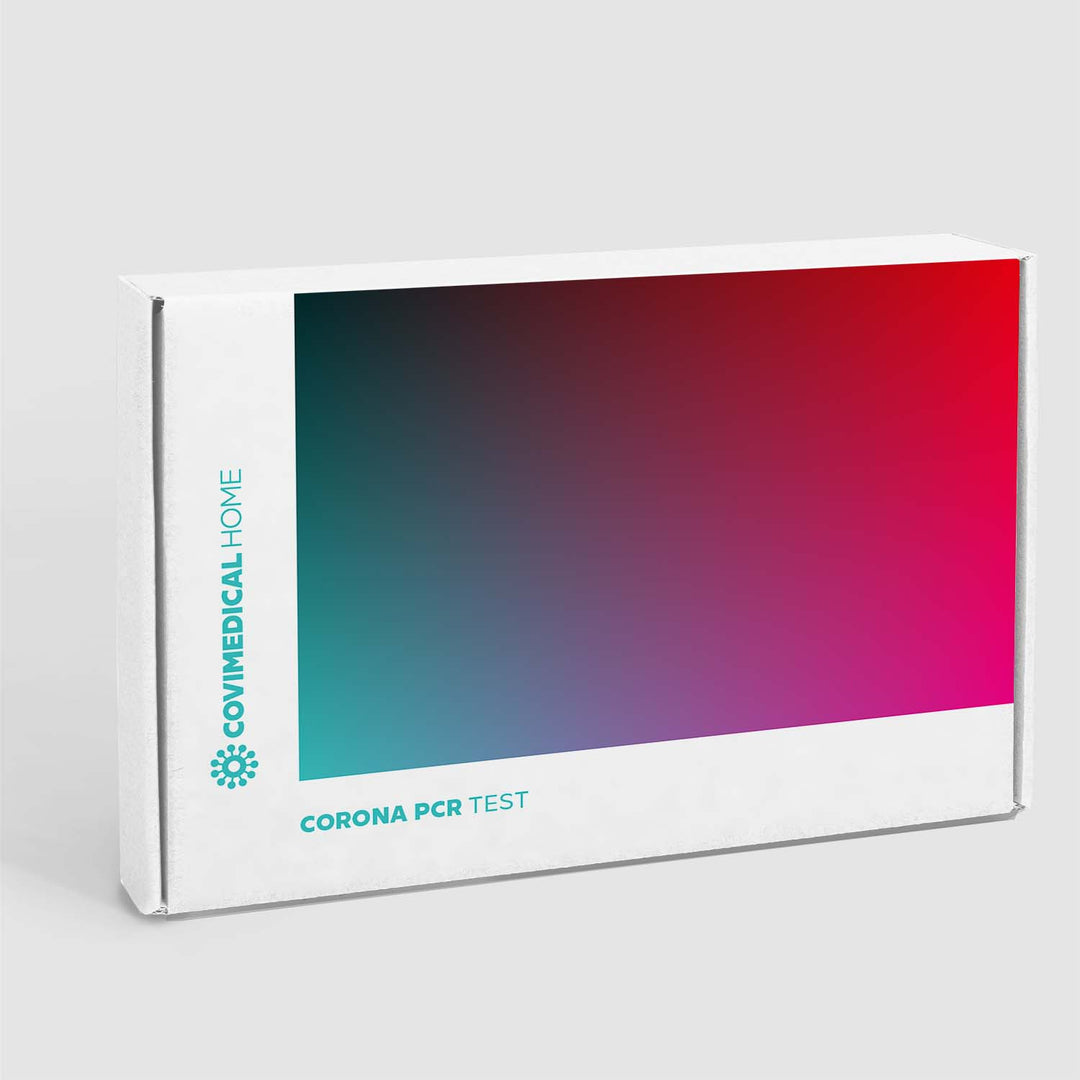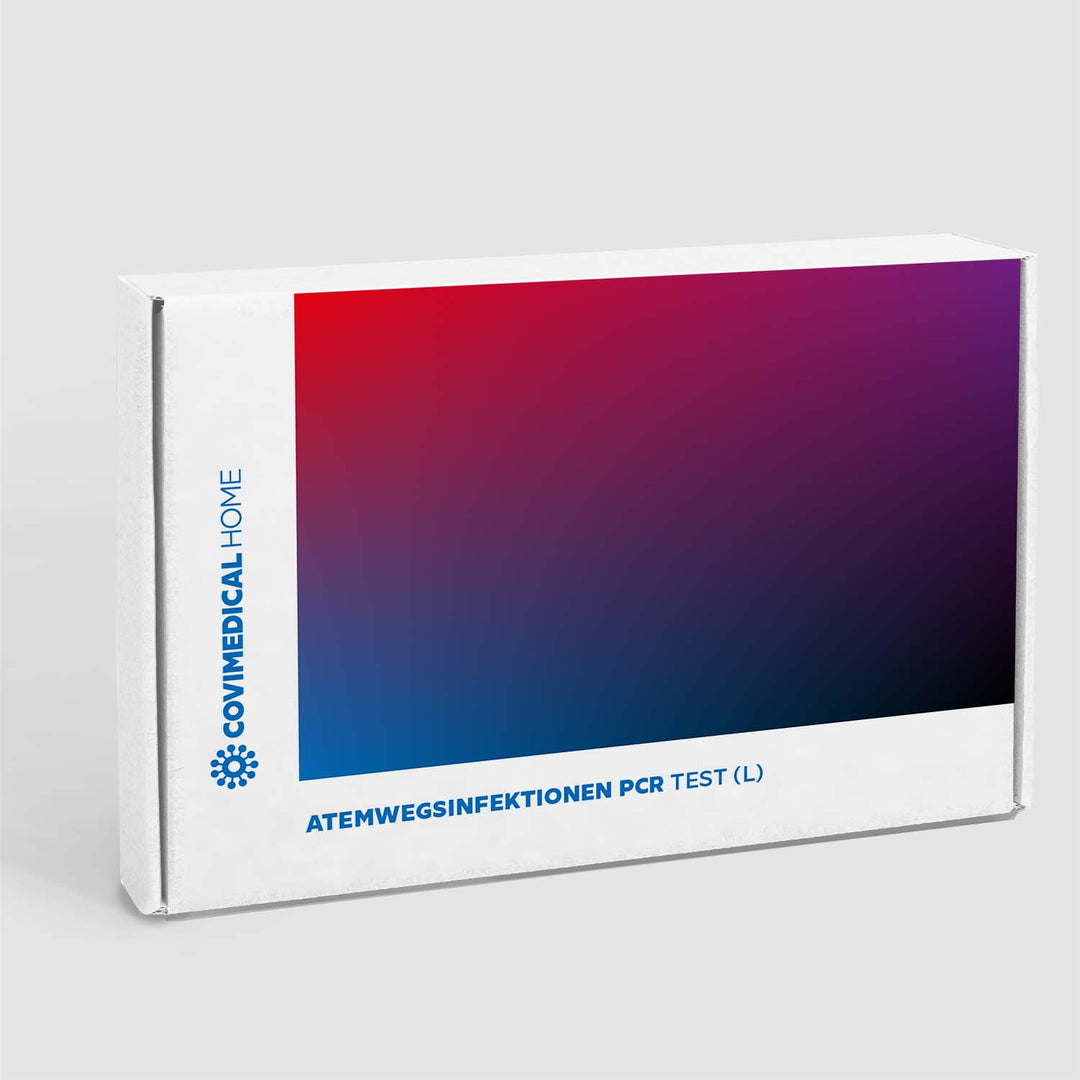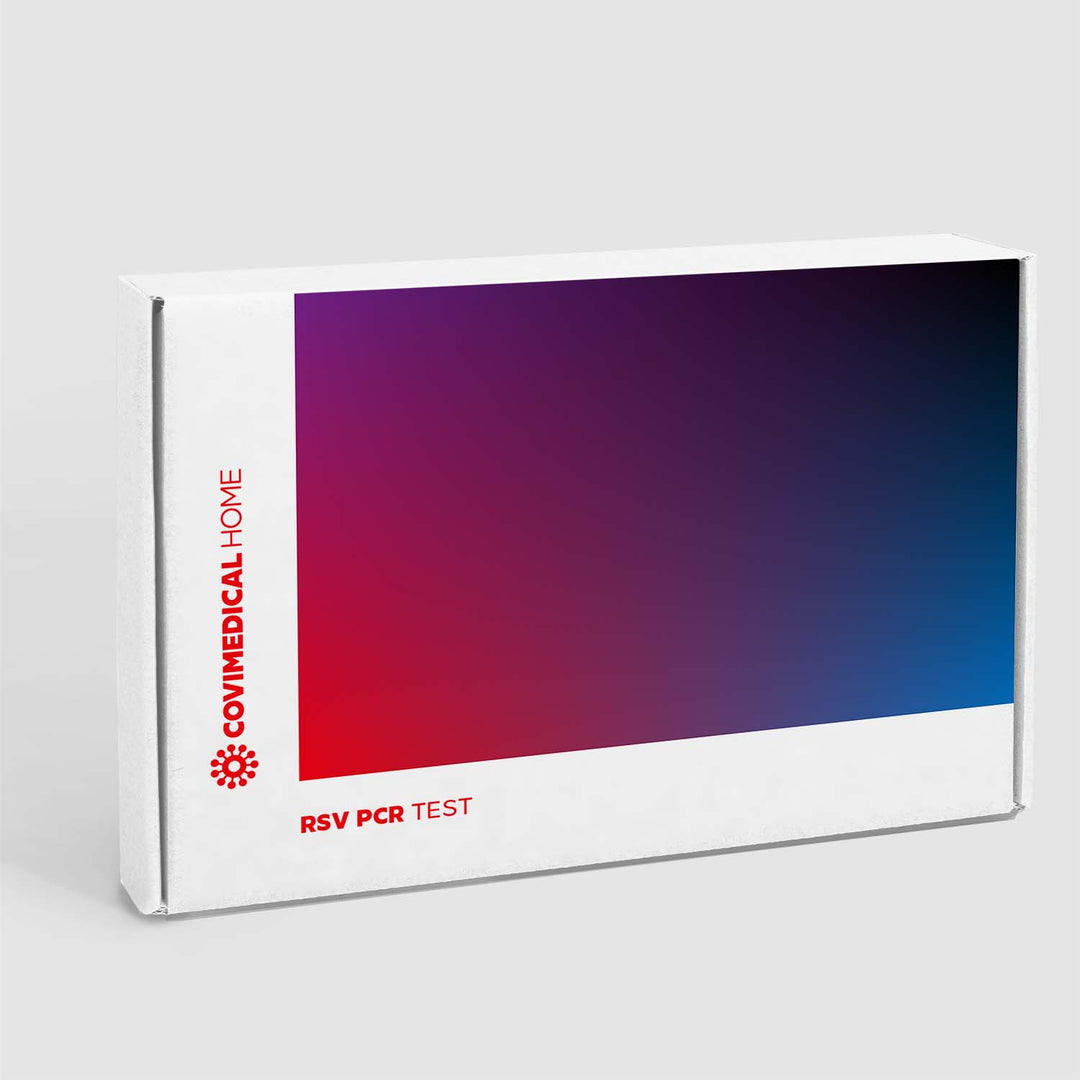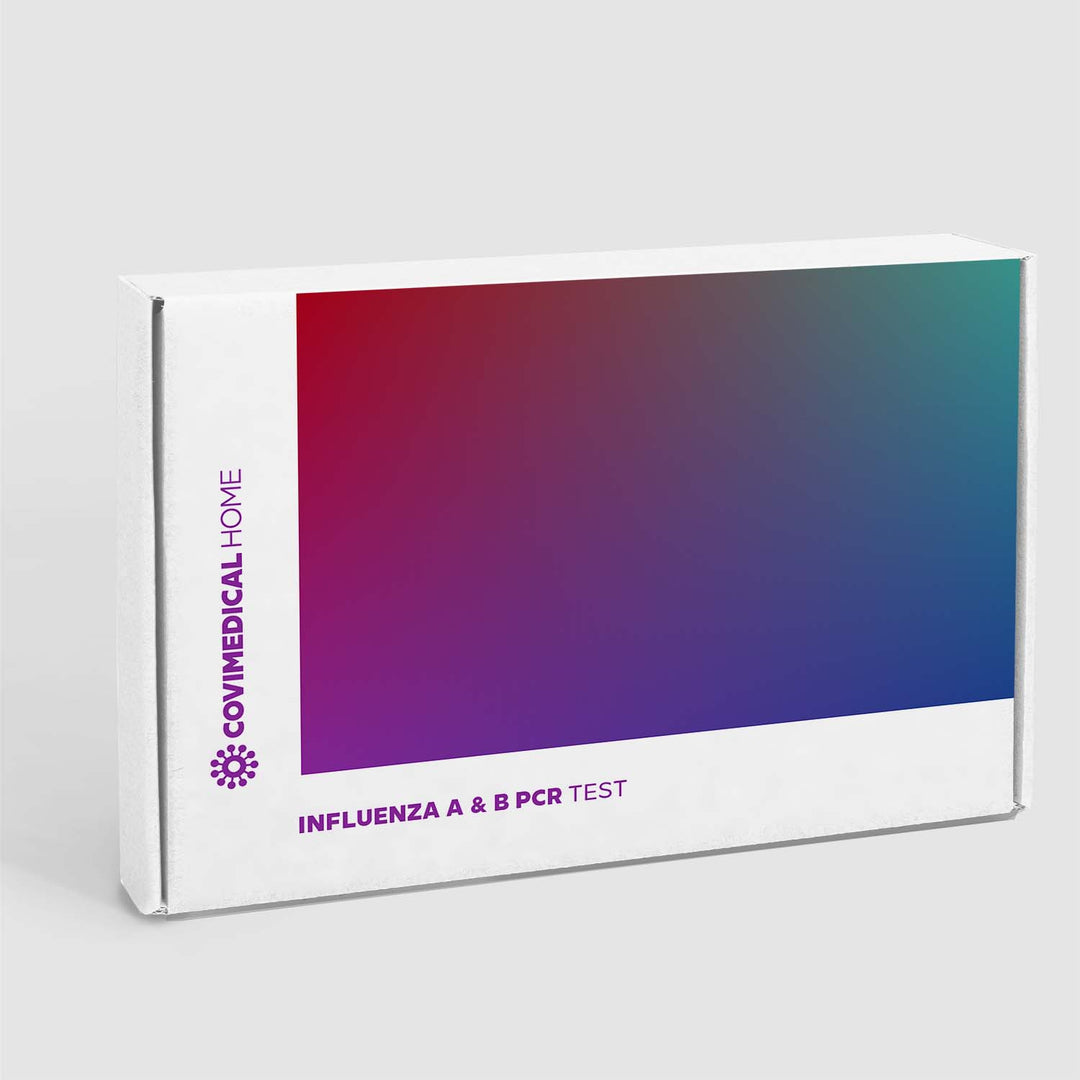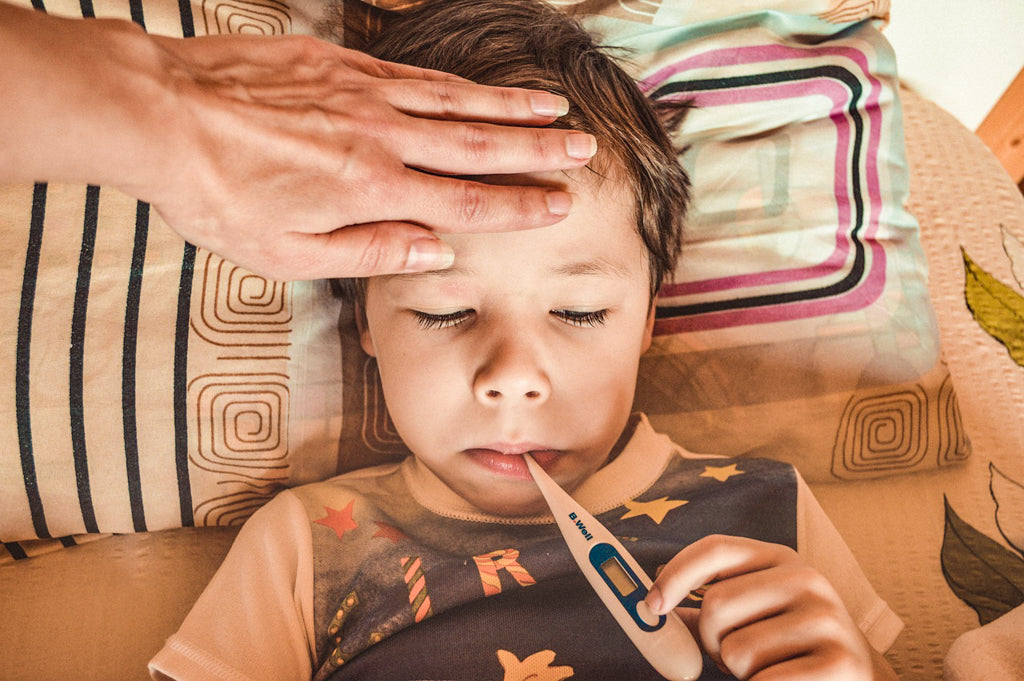Corona keeps the world in suspense
As the news in early 2020 spoke of a severe epidemic in China, no one could have anticipated how profoundly SARS-CoV-2 would change the entire world. The coronavirus, capable of causing serious lung diseases, has since dominated significant aspects of people's public and private lives. Instead of football scores, incidence rates, case numbers, and CT values have become the number one topic. By now, the virus has faded from the public perception, thanks to hygiene measures, testing, and vaccines that have largely mitigated the threat. However, scientists are certain: the coronavirus will accompany us for a long time.
What is Corona, and what are the symptoms?
SARS-CoV-2, or simply Covid or Corona, belongs to the group of coronaviruses. Infection with this virus can lead to respiratory diseases with various symptoms, ranging from a simple cold or flu-like symptoms to severe pneumonia.

After the news of a severe epidemic in China at the beginning of 2020, no one anticipated how profoundly SARS-CoV-2 would reshape the entire world. The coronavirus, capable of causing severe lung diseases, has since dominated significant aspects of people's public and private lives. Instead of football scores, incidence rates, case numbers, and CT values have become the number one topic. By now, the virus has faded from the public perception, thanks to hygiene measures, testing, and vaccines that have largely mitigated the threat. However, scientists are certain: the coronavirus will accompany us for a long time.
What is Corona, and what are the symptoms?
SARS-CoV-2, or simply Covid or Corona, belongs to the group of coronaviruses. Infection with this virus can lead to respiratory diseases with various symptoms, ranging from a simple cold or flu-like symptoms to severe pneumonia.
After overcoming an acute infection, some individuals report sequelae: the so-called Long-Covid syndrome causes constant fatigue, headaches, and a reduction in athletic performance – even simple activities like climbing stairs become challenging.
There is not just one variant of the coronavirus: well-known are the Alpha, Beta, Gamma, and Delta mutations. Some variants are more contagious than the original SARS-CoV-2 and cause more severe illness. Scientists continuously observe new mutations of the coronavirus.
How is testing done for the coronavirus?
To reliably detect a coronavirus infection, a PCR test is conducted. A sample (nasal or throat swab or mouth rinse) is evaluated in the laboratory. The sample is processed in the laboratory to isolate genetic material of the virus (RNA) for detection.
The antigen rapid test is also conducted using a sample from the nasal or throat area. As the name suggests, the antigen rapid test provides results in about 15 minutes. While this test is less time-consuming, it has a higher error rate than PCR tests. The quality of the test material and proper sample collection are crucial for the results of the antigen rapid test.
There are no universally applicable figures on how reliable an antigen rapid test is. Researchers in Cologne analyzed 17 global studies involving more than 6,000 children and eight antigen rapid tests in 2022. The result: 35.8% of the tests were false-negative, meaning more than a third of infections in the tested children went undetected. The rate for true positives was still 99.1%. The studies came from the USA, Spain, and Germany. The tests performed poorly in infected children who showed no symptoms: only 56.2% had correct results.
Another type of test for COVID is the antibody test, conducted through a blood sample. A prick in the finger is enough to determine the concentration of coronavirus antibodies with a bit of capillary blood. If a certain amount of coronavirus antibodies is detectable in the blood, it can be assumed that the person has been in contact with SARS-CoV-2. This test can be performed when wanting to know how well the immune system will respond to a potential coronavirus infection or whether vaccine protection still exists. However, experts agree that the test result does not guarantee how strong or weak the symptoms will be in case of a possible COVID infection. To date, it is not known how high the antibody concentration must be for a reliable protection.
How dangerous is the coronavirus today?
The development of various COVID vaccines was remarkably fast compared to other vaccines: Within a year of the first COVID infections in December 2019, multiple vaccines were developed and administered worldwide. According to the RKI, on March 12, 2023, the vaccination rate of fully vaccinated individuals in Germany was 76.4%, corresponding to 64,873,659 people.
This relatively swift development is mainly attributed to the acute threat posed by the virus: close collaboration between pharmaceutical companies, science, and governments, as well as increased funding for research and development, were consequences of high prioritization. Numerous medical studies provided a solid evidence base to ensure the effectiveness of the vaccines.
Today, one hears very little about the topic of COVID. How dangerous is the virus still today? The constant emergence of new COVID mutations necessitates ongoing research and development to ensure the efficacy of vaccines. There is no 100% guarantee that vaccination protects against a severe course of infection.
For people with pre-existing respiratory conditions or a weakened immune system, as well as for older individuals, the coronavirus remains dangerous. Nursing homes and hospitals continue to be vulnerable groups and areas that can be protected through testing.

Corona came after carnival
It has been emphasized repeatedly that while vaccinations can protect against severe COVID outcomes, they do not prevent infection itself. The impact of large gatherings on infection rates is evident in the data from the RKI (Robert Koch Institute) released after the recent carnival season. In essence, where many people celebrated, COVID numbers surged shortly thereafter. An increase in incidence rates was observed in "regions with more intense carnival activities," according to the RKI weekly report in early March 2023.
According to the report, a nationwide increase in incidence rates at a low level continued in the first week of March: it was estimated at a plus 14 percent compared to the previous week. However, the values rose significantly in Rhineland-Palatinate (36 percent), North Rhine-Westphalia (35 percent), and Saarland (34 percent), as well as in the age group of 20 to 29 years – all federal states known for their carnival festivities. These figures only refer to laboratory-confirmed COVID cases, and authorities therefore assume a significantly higher number of unreported cases.
Sources:
General information on testing | Together against Corona COVID-19 Rapid tests: Study shows high error rate in children | National Geographic What do COVID-19 antibody tests achieve? | Apotheken Umschau (apotheken-umschau.de) More infections recorded: First Carnival, then Corona | tagesschau.de









